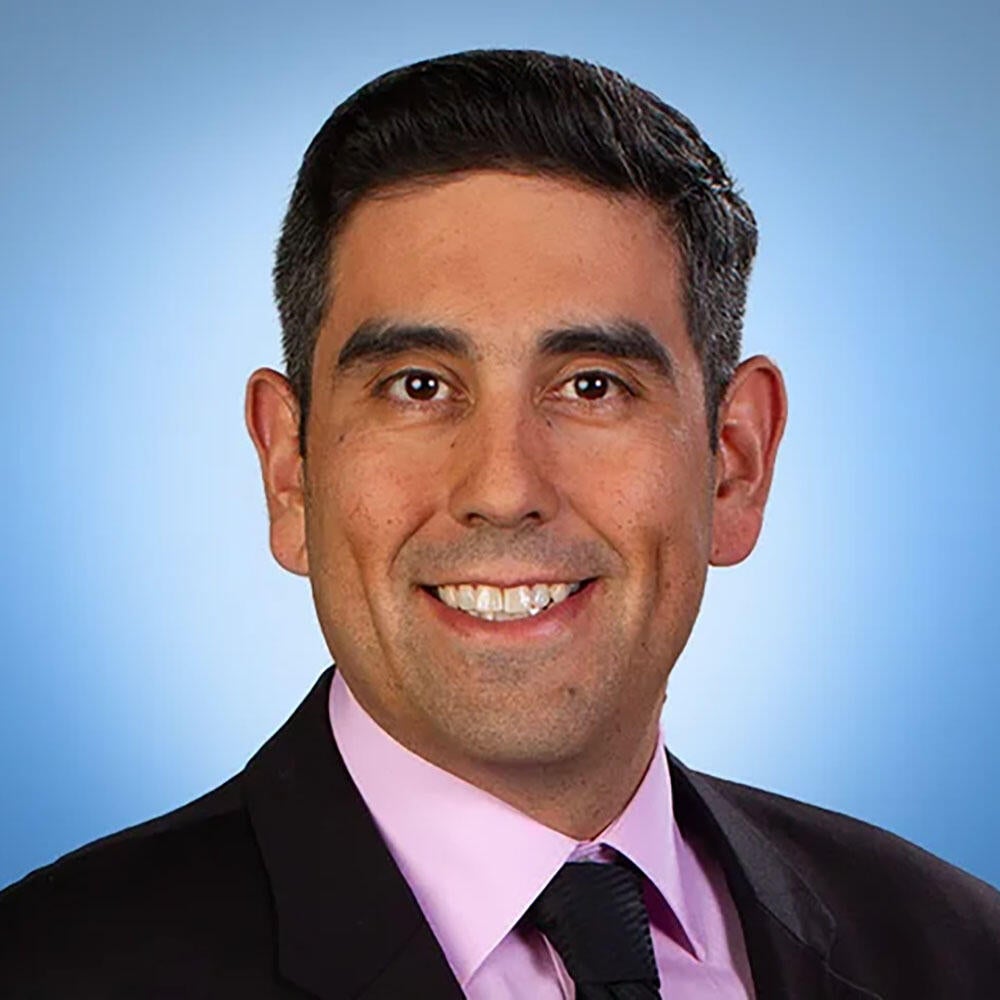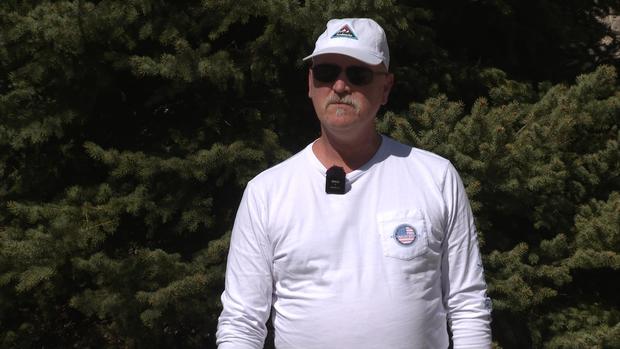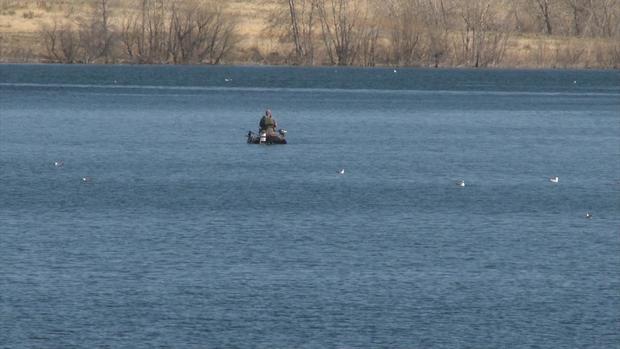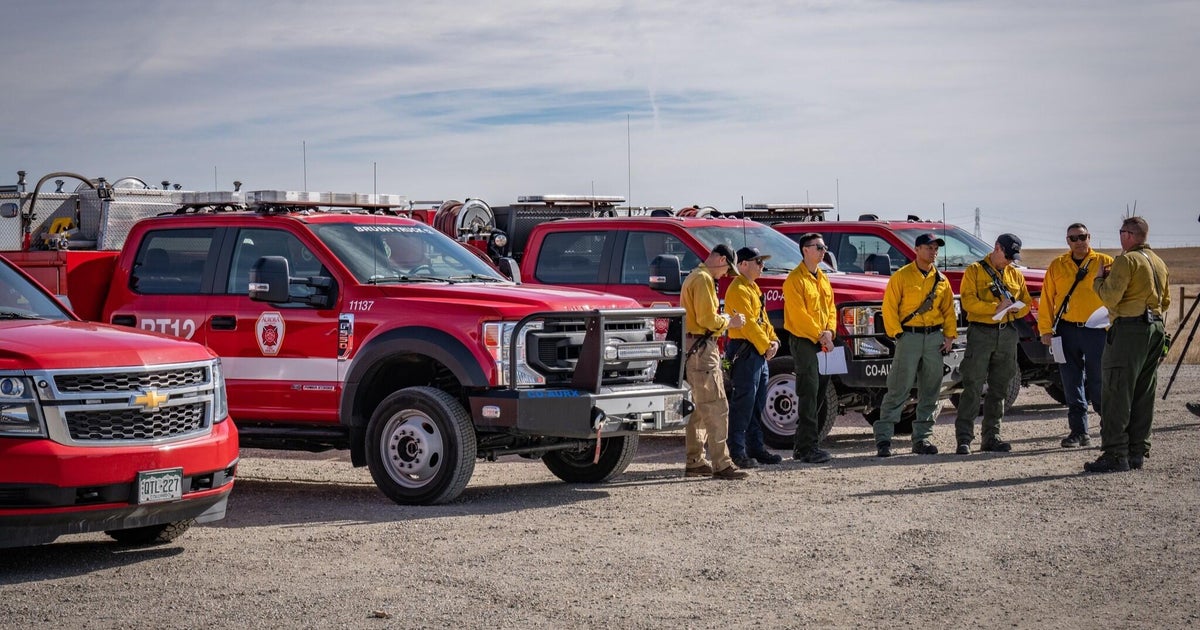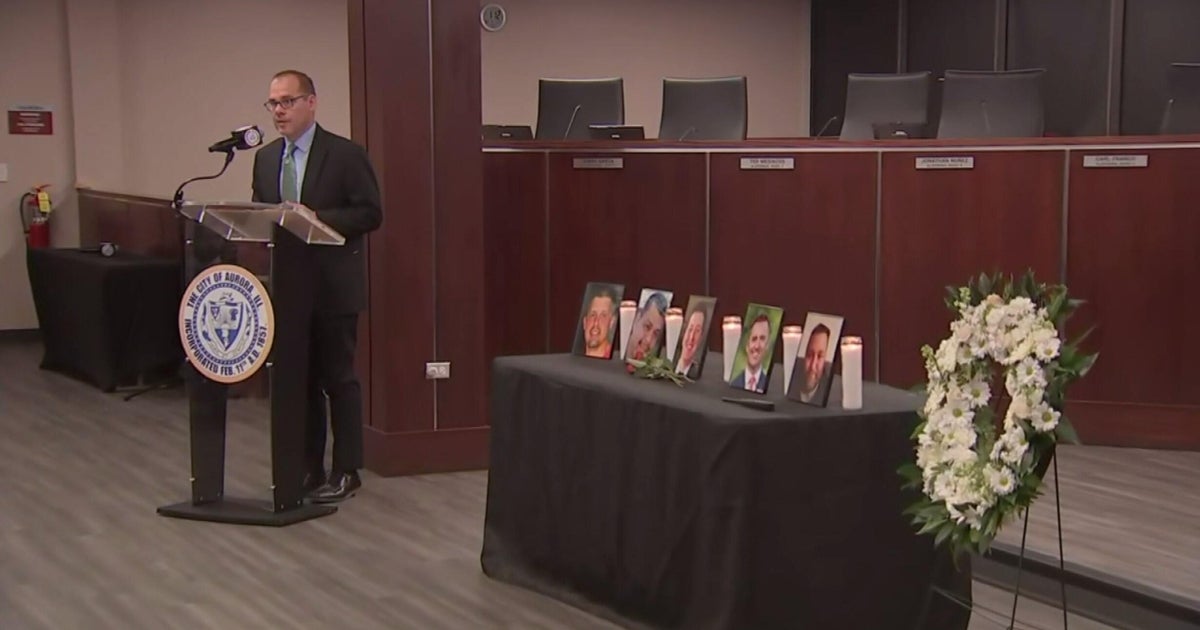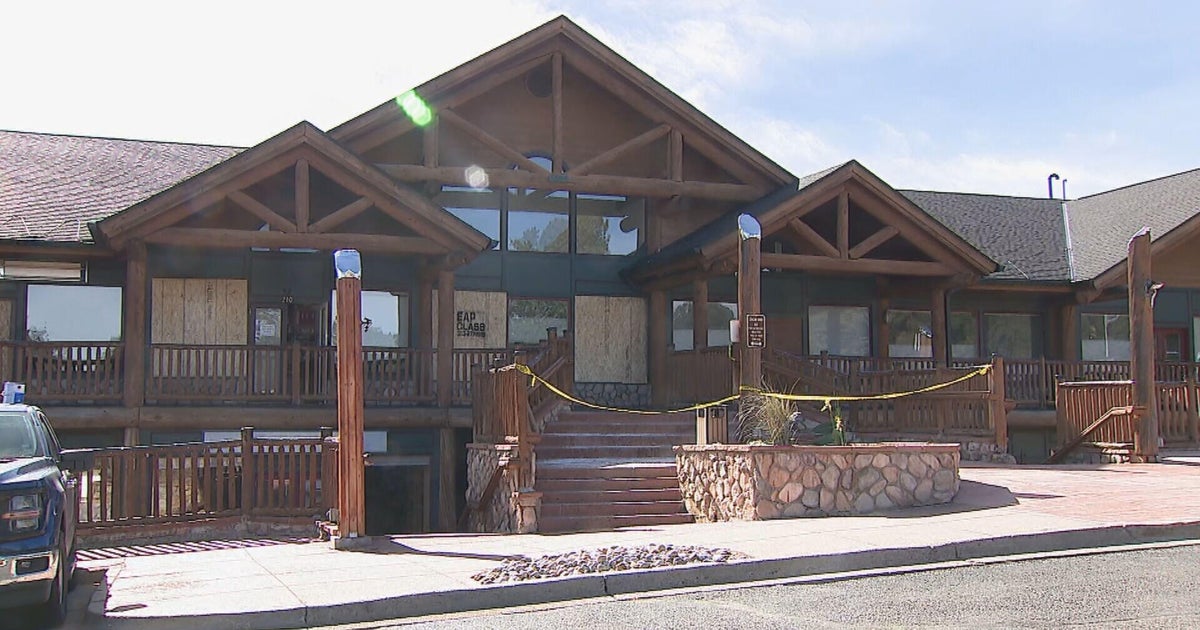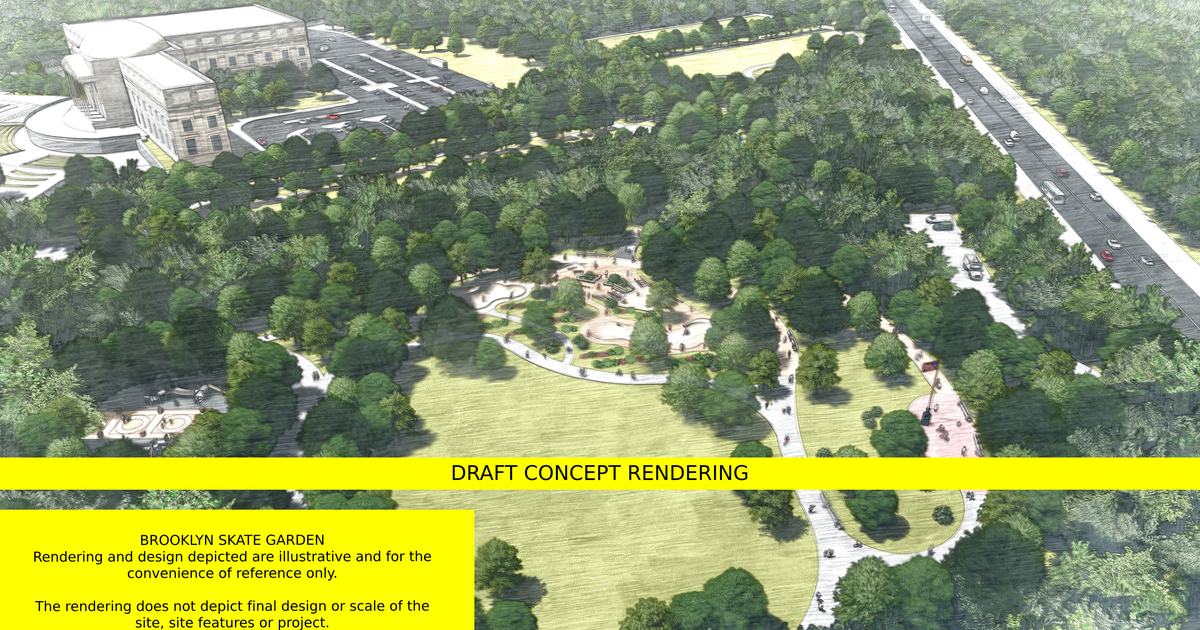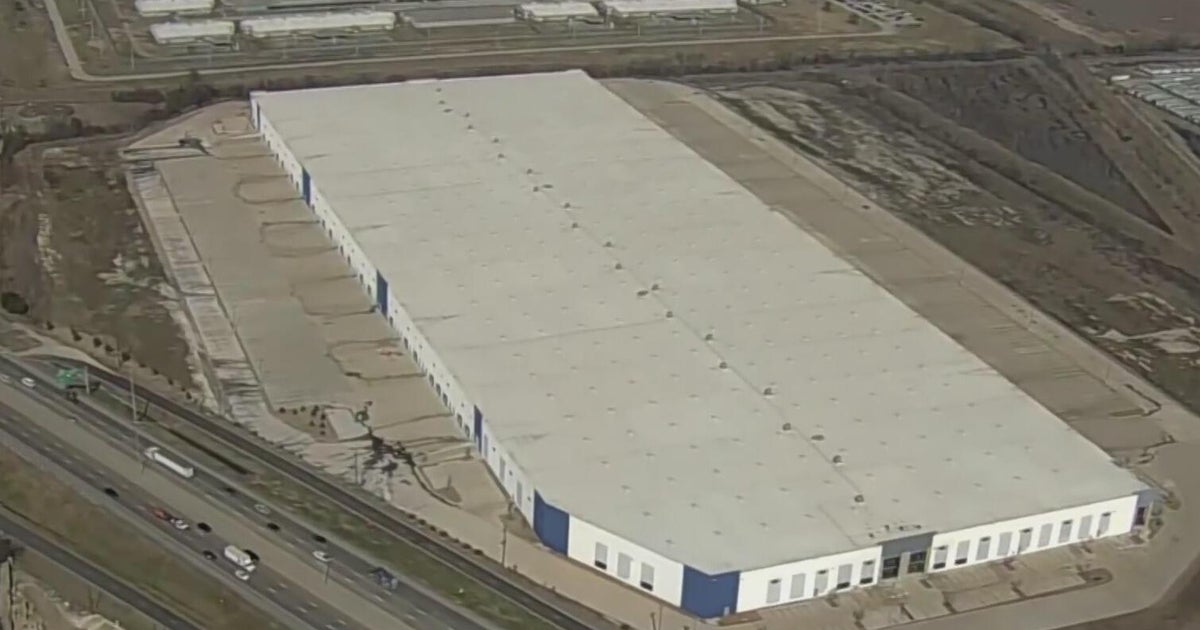Aurora neighbors still fighting to stop fracking near Colorado reservoir
When Randy Willard moved to southeast Aurora 10 years ago, he was surprised that the oil and gas company, Civitas, was trying to frack near the Aurora Reservoir and his new home.
"We got a letter just after we moved out here from Civitas, wanting to buy our oil or mineral rights," said Willard. "I was surprised that they were moving ahead so quickly. I was also surprised that they were going to drill right near the well or right near the landfill as well."
Already no fan of fracking, Randy said he started to worry about his environment and what he may be drinking if the Lowry Ranch CAP project moved ahead.
"It's some of the best drinking water in the country. We drink water from our tap," said Willard of Aurora Water.
So, he got involved with Save The Aurora Reservoir (STAR). A citizens group trying to stop the fracking project proposed to be built east of the Aurora Reservoir. He and others say they worry about the environment and their own safety living so close to the project.
In a statement, a Civitas spokesperson said:
"Colorado operators have decades of best practices and redundant layers of water protection on top of the nation's strictest regulations that safeguard our state's water supplies. The redundant safeguards and subsequent monitoring have shown that oil and natural gas development can safely occur without impacting groundwater and surface water sources. In fact, multiple layers of steel casing and cement separate the wellbore from our aquifers and is separated by over a mile of impermeable rock. This has been standard practice in Colorado for more than a decade."
He also noted that Arapahoe County has weighed in on the matter saying on its website.
"It's important to note again that several thousand feet of dense rock separates the Aurora Reservoir from the oil and gas producing zones. The City of Aurora is not concerned about this at this time, based on the available information, including the vertical distance between the reservoir and the wells (more than 7,000 feet) and the geology specific to the area. The City of Aurora employs geologists and hydrologists who will evaluate the proposed project once official applications have been made."
Willard says he's concerned about more than just water.
"The reality is that the oil and gas is responsible for a huge portion of the ozone increases that we've seen in this area," said Willard.
Save The Aurora Reservoir has hired its own scientists and lawyers to try to fight the plan, but Willard says he hopes the public can still stop the project.
"People do have the choice and the chance right now to go to the ECMC (Colorado Energy and Carbon Management Commission) website and comment on the Lowry Ranch CAP," said Willard.
Save the Aurora Reservoir is also holding a town hall April 13, at 10 am at the Southshore Lighthouse, 27301 E Southshore Dr, Aurora, CO. There will be ample opportunity to meet with experts, homeowners, and activists ready to share their insights.
